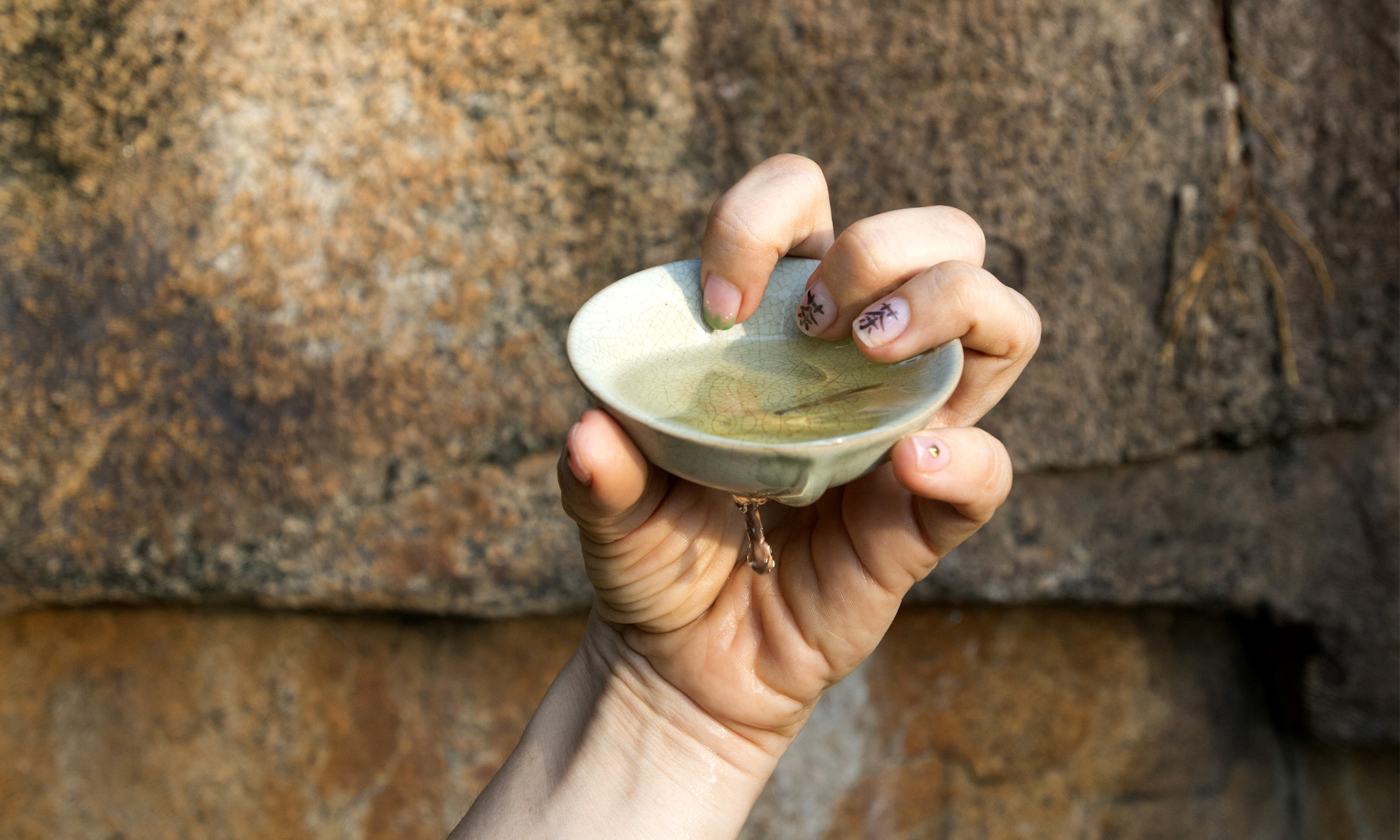How slow can you go? Forget about the first kiss, the aftertaste is the new black.
Much can be said on taste, and especially on the taste of tea. Obviously, we are in murky waters since taste and preference enters the realm of how one individually experiences flavour, but I can say something of my personal journey.
I, for one, am a sucker for the first mouthful. That applies to food as well. The first encounter of it all. I suppose it goes for a great many people – I mean, how many people end up chasing down the thrill of the first kiss constantly? It must be in the same vein as first tastes. For me it definitely works with tea; very few have been the times I have disliked a tea at first sip and then been proven wrong. Yes, many teas open up as you keep brewing them – I am not really referring to the journey it takes you on, but rather not to neglect the first notes of the actual tea being in one’s mouth for the first time. That magic of first impressions: a blink of an eye making or breaking the future.

But here comes the catch – Brillat Savarin in his household guide to tasting and eating, The Physiology of Taste, gave me a timely reminder on this – one should not forget to taste the aftertaste. It made me revisit something I had read earlier in Lin Yutang’s book My Country and My People (吾國與吾民) (1935):
“The best tea is mild and gives a “back-flavour” which comes after a minute or two, when its chemical action has set in on the salivary glands. Such good tea puts everybody in good humour.”
Now there is a challenge! A great many things can taste good initially, but after its physical presence is gone – what is left? What do you taste? And who really gives the aftertaste the needed time? By Lin Yutang’s standard, have I ever really spent enough time on tasting – a minute or two?! Talk about slow food, slow drink…By the same logic, the local mega-tea-enthusiasts have what it takes to let their cups cool down after a few brews and smell the cup. Any prized, high-end tea will make the cup smell intoxicating. Every now and then, you even stumble across a tea with such potent presence of smell in the cup, you just feel like stopping the whole show there. No more drinking please, let the smell remain the main product. Those moments are blissful; capturing the very fleeting soul of the whole exercise.

Goes without saying, any good cup of tea has to be served in the right temperature for it to taste or smell of anything. Getting the timely reminder of slowing down in my drinking, also has made me rethink some of the details in the preparation process.
The results: as I set on a journey to be mindful of the after flavour, the road the mouthful took me on not only grew longer, but windier. And narrower. A good few teas will satisfy anyone with the first kiss, but what is left lingering is a whole different ball game. It raises the bar much higher. But luckily, not beyond reach. I find especially some of the aged white teas and some rock teas to be prime examples of this; if you hit jackpot, you might find the taste lingering for hours.
Have any recommendations?

